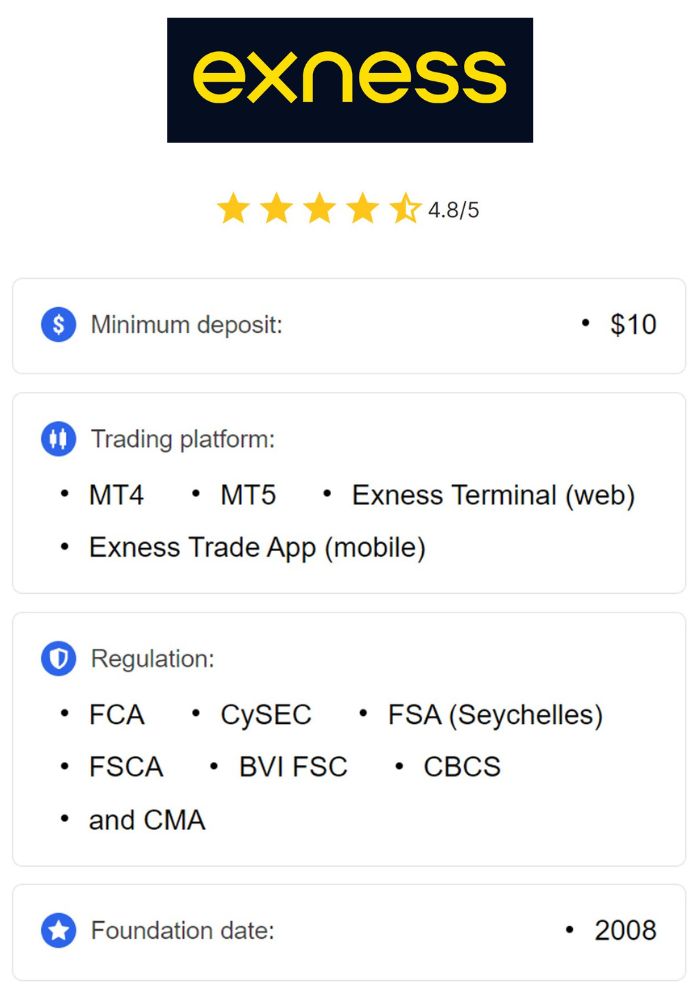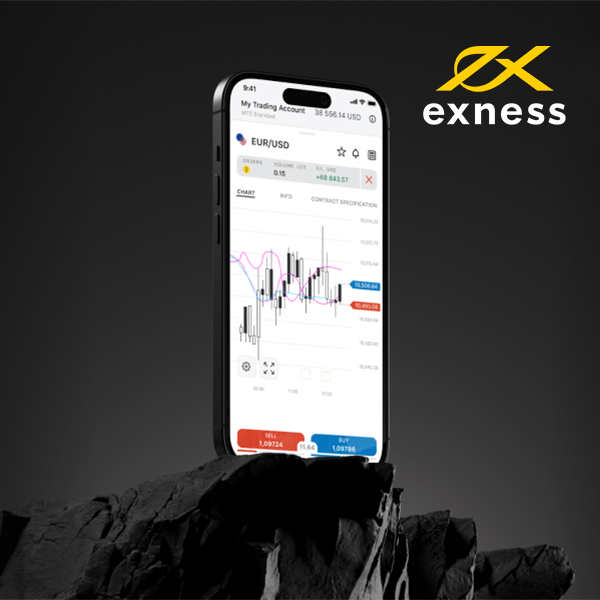SEBI Registered Brokers in India

Understanding SEBI Registered Brokers in India
The Securities and Exchange Board of India (SEBI) plays a crucial role in regulating the financial markets in India. One of its primary functions is to oversee the activities of brokers, ensuring that they operate in a transparent and ethical manner. SEBI registered brokers are integral to the trading ecosystem in India, providing investors with a platform to buy and sell stocks, bonds, and other securities. For more detailed information about trading services, refer to this SEBI Registered Brokers in India https://issuu.com/trading_with_exness/docs/exness_trading_services/s/66588191.
What is SEBI?
SEBI is the regulatory body for the securities and commodity market in India, established in 1988 and given statutory powers through the SEBI Act of 1992. Its primary objective is to protect the interests of investors in securities, promote the development of the securities market, and regulate the securities market. SEBI has laid down rules and regulations governing various market participants, including brokers, to ensure fair practices and transparency.
The Role of Brokers in the Financial Market
Brokers act as intermediaries between the buyers and sellers in the stock market. They facilitate trading by providing a platform for investors to execute their buy/sell orders. Brokers can be classified into various categories, including full-service brokers, discount brokers, and online brokers. Each category serves different customer needs based on service level, fees, and trading tools offered.
Types of SEBI Registered Brokers
- Full-Service Brokers: These brokers offer a wide range of services, including personalized advice, research reports, portfolio management, and more. They typically charge higher fees but provide comprehensive services.
- Discount Brokers: Focused on lowering the costs for clients, discount brokers provide basic trading services with low or no brokerage fees. They may not offer extensive advisory services.
- Online Brokers: With the advent of technology, many brokers operate exclusively online. They provide trading platforms that allow clients to trade efficiently from anywhere.

Importance of SEBI Registration
Choosing a SEBI registered broker is crucial for any investor. Registration ensures that the broker adheres to regulatory standards and practices set by SEBI. This helps instill confidence in investors, as they know their funds are with a reputable entity. SEBI ensures compliance with various rules such as:
- Compliance with capital adequacy requirements
- Transparency in trade execution
- Timely disclosure of information to investors
- Protection of investor interests
How to Choose the Right SEBI Registered Broker
Choosing the right broker can significantly affect your trading success. Here are some factors to consider when selecting a SEBI registered broker:
- Regulatory Compliance: Ensure that the broker is registered with SEBI to guarantee that they meet all regulatory requirements.
- Fees and Commissions: Different brokers have varying fee structures. Compare the commissions and other charges to find a broker that fits your budget.
- Trading Platform and Tools: The trading platform should be user-friendly and equipped with necessary trading tools and resources.
- Customer Support: Good customer service is vital. Test their support channels to see how responsive they are to client queries.
- Research and Education Resources: A broker that offers educational materials and research tools can provide additional value, especially for novice investors.
Regulations Governing SEBI Registered Brokers
SEBI has specific guidelines that brokers must adhere to in order to maintain their registration. Some key regulations include:

- Strict adherence to KYC (Know Your Customer) norms to verify the identity and financial background of clients.
- Mandatory maintenance of client registers and records.
- Ensuring that adequate measures are in place to protect client data and funds.
- Restrictions on leverage and margin trading to protect clients from excessive risk.
Challenges Faced by SEBI Registered Brokers
Despite the regulatory framework, SEBI registered brokers face numerous challenges, which include:
- Market Volatility: Rapid changes in market conditions can affect trading volumes and lead to uncertainty.
- Technological Advancements: Keeping up with the latest trading technologies and platforms can be a continuous challenge.
- Competition: The rise of discount brokers and online trading platforms has intensified competition among brokers.
The Future of SEBI Registered Brokers
As the financial landscape continues to evolve, SEBI registered brokers will need to adapt to changing regulatory environments, technological advancements, and shifting investor preferences. Innovations in fintech, such as robo-advisors and algorithmic trading, may further redefine the role of brokers in the market.
Conclusion
In India, SEBI registered brokers are essential to the functioning of the securities market. They not only facilitate trading but are also obligated to adhere to strict regulatory guidelines that protect investors’ interests. Understanding the role, importance, and selection criteria for SEBI registered brokers can empower investors to make informed decisions in their trading journey.
